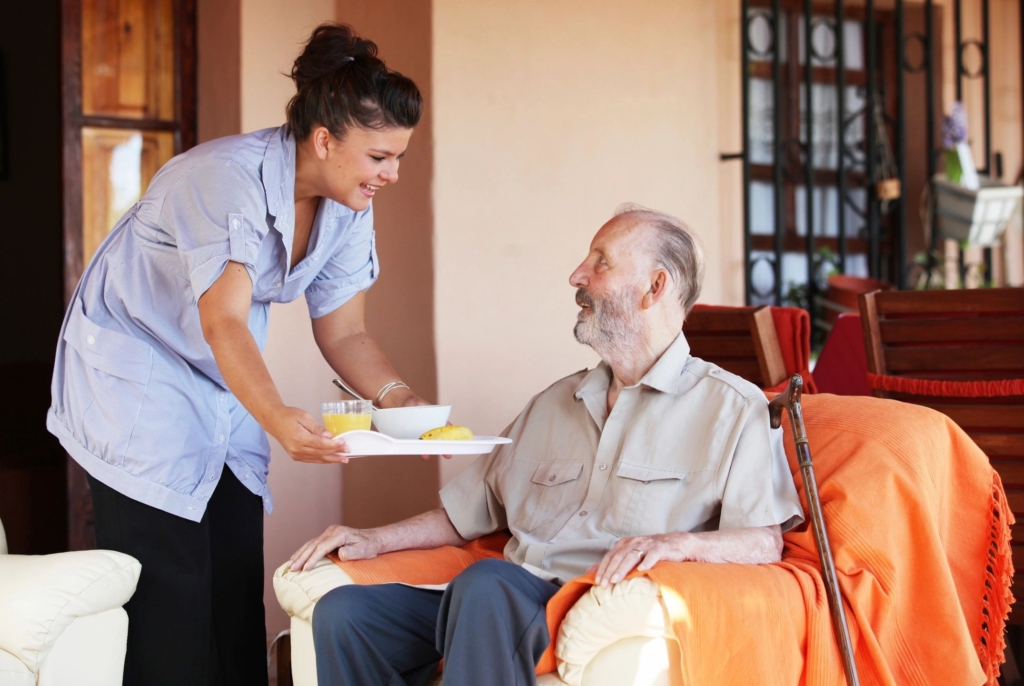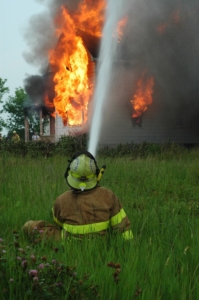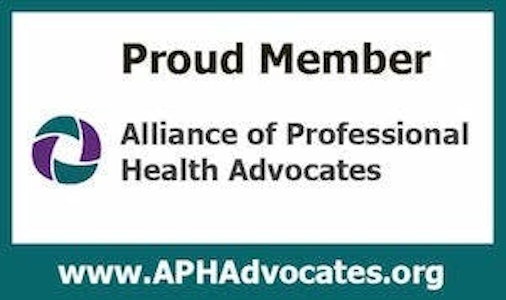Fears Number 7 and 8 Fear of leaving your home due to declining health and Fear of Medicare and Social Security running out for our retirement.
As we continue our series on the top 10 fears of baby boomers, we are already up to number 7 and 8. The fear of declining health and having to leave our home and the fear that social security and Medicare may run out before we don’t need them anymore. Consider getting on the “stay in the know” list to make sure you don’t miss the last two fears number 9 and 10. You can get on the list HERE.
Do you remember when you were a kid and feared the boogeyman under your bed? As adults, we tend to outgrow our fear of imaginary creatures, but sometimes we develop new fears as we age. For baby boomers, one of the biggest fears is that Medicare and social security will run out.
Do you relate to any of these fears? Baby boomers have a lot to worry about – from declining health and the need to leave home, to financial insecurity and social isolation. While it’s natural to feel some fear as we age, it’s important not to let our worries hold us back. Here are the next two fears baby boomers face – and tips on how to overcome them.

Fear Number 7: The fear of declining health and having to leave our home.
As people age, they often begin to worry about their declining health and the possibility of having to leave their homes. For baby boomers, this fear is especially pronounced. According to a recent survey, nearly half of all baby boomers are concerned about their long-term health, and more than a third are worried about the prospect of moving into a long-term care facility or assisted living. These fears are not without foundation. Baby boomers are the first generation to live longer than their parents, and they are also more likely to suffer from chronic health conditions like heart disease and arthritis. As a result, many baby boomers are searching for ways to stay healthy and independent as they age. Fortunately, there are several options available, from exercise and diet programs to in-home care services. By taking advantage of these resources, baby boomers can ease their fears and enjoy a long, healthy retirement.
The baby boomer generation is facing a unique set of challenges as they age. One of the most significant challenges is the fear of declining health and having to leave their homes. For many baby boomers, the thought of moving into a long-term care facility or assisted living community is simply too much to bear. The prospect of being unable to take care of themselves and being surrounded by strangers is a daunting one. As a result, many baby boomers are struggling to come to terms with the fact that their health will eventually decline, and they will need to rely on others for help. While it is admittedly difficult to face this reality, it is important for baby boomers to remember that there are options available to them that can help make the transition into long-term care a smooth one.
There are now long-term care facilities that offer private rooms, salon, and spa services, and even fitness centers. In addition, there are assisted living communities that provide residents with a sense of community and support. With the right research and planning, baby boomers can find long-term care options that will meet their needs and help them to maintain their independence.
There are even communities popping up across the country where adult children of aging parents can live with their families close to the parents to make it easier to provide some assistance to help you stay in your home longer.
Home health services both skilled and non-skilled can provide care in the home. If meal prep is an issue and you can’t always get healthy meals you can get meal prep services, light housekeeping, and bathing and personal care help from a non-medical home care agency. As previous home health nurses, Linda and I are extremely supportive of finding ways to keep you safe at home. We understand how important this is. You can also hire a private caregiver(s) but this comes with some unique challenges. You may want to read our blog post on “Hiring a Private Caregiver”
https://yournurseadvocateconsulting.com/2022/01/should-i-hire-a-private-caregiver-is-it-worth-the-risk/ or watch our video on Non-Medical Home Care. https://youtu.be/mmEKSigH474
This is one area where we can help. We have a resource directory (Patient Advocate Match) https://patientadvocatematch.com/ that we are adding listings to weekly. Our goal is to have a very robust national directory free for consumers to access the resources and build relationships with a community where they have resources they know, like and trust. There are companies out their that help you choose an assisted living facility by learning more about you and your lifestyle. They help you choose a place that may be a good fit.
Our patient advocate services, (Your Nurse Advocate Consulting) https://yournurseadvocateconsulting.com/ can provide you and your family 1:1 consulting services to help put plans in place to help you stay at home as long as safely possible and then also assist you if the time comes you need more care than is safe for you at home. If you need advocacy services that require a nurse to provide more services such as accompanying you to the doctor’s office, checking in on how things are going at home we can also help you find an advocate in your area and match you with someone that would be a good fit. Our directory site also has other advocates that may closer to where you reside.

Fear Number 8: The fear that Medicare and Social Security will run out when they retire.
Baby boomers are the generation born between 1946 and 1964. They’re now between 56 and 74 years old. Medicare is the health insurance program for people 65 and older, and Social Security is the retirement benefits program. Medicare is funded by payroll taxes, and Social Security is funded by payroll taxes and income taxes. Medicare is run by the federal government, and Social Security is run by the federal government. Both programs are solvent, but they’re not in good shape. The Medicare trust fund is projected to run out of money in 2026, and the Social Security trust fund is projected to run out of money in 2034.
The baby boomer generation is facing the reality that Medicare and Social Security may not be there for them when they retire. This has created a lot of fear and anxiety among boomers. The good news is that there are options to consider if Medicare and Social Security do run out of money. One option is to buy private health insurance. Another option is to delay retirement until 67 years old, when you become eligible for Medicare. Whatever you do, don’t panic. There are options available, and you can plan for a secure retirement.
Medicare and Social Security are two of the most important social safety net programs in the United States. They provide healthcare and income support to millions of Americans, respectively. However, both programs are facing insolvency in the coming years. The baby boomer generation is retiring at an unprecedented rate, and there are simply not enough workers to replace them. This has led to concerns that Medicare and Social Security will not be able to sustain their current levels of benefits. As a result, many baby boomers are fearful that they will not be able to rely on these programs in their retirement years. While it is certainly true that Medicare and Social Security are facing challenges, it is important to remember that these programs have been successful for decades. There is no reason to believe that they will not continue to be successful in the future.
According to an article written the first week of June 2022 by AARP there is both concerning news as well as some optimism regarding the long-lasting sustainability of Medicare. It is projected to run out by 2028 however, the article goes on to explain that even if nothing changes when 2028 comes, they will still have enough in the trust to cover 90% of the Medicare costs.

Photo by Alexander Mils on Unsplash
I think one thing we have learned from the pandemic is that despite your political viewpoints, we were able to come out ok. We had stimulus checks, and other ways of supporting our country during a shut down. Not everyone or all businesses survived the pandemic but despite our sometimes lack of trust for the government we have to believe they will find a way to rescue Medicare and Social Security. Here is a quote from the AARP article.
“The Social Security and Medicare Trustees’ reports released today send a clear message to Congress: Despite the short-term improvement, you must act to protect the benefits people have earned and paid into both now and for the long term,” AARP CEO Jo Ann Jenkins said in a statement after the reports were released. “The stakes are too high for the millions of Americans who rely on Medicare and Social Security for their health and financial well-being.”
“In a call with reporters, a Biden administration official said that the economic recovery from the 2020 recession “was both stronger and faster than originally projected,” and that led to the more optimistic projections, due in large part to higher payroll tax receipts. The official also said that because of recent increases in the Consumer Price Index (CPI), the government’s main gauge of inflation, the Social Security cost-of-living adjustment (COLA) for 2023 could be 8 percent. That would surpass the 5.9 percent hike — the biggest annual boost to monthly benefits in four decades — beneficiaries received this year.” I encourage you to read this article it is very informative.
Fear is a powerful motivator, especially when it comes to our health and well-being as we age. In this blog post, we looked at two more fears that are common among baby boomers – the fear of declining health and having to leave their home, and the fear of Medicare and Social Security running out by retirement. We hope you’ve found these posts helpful and informative. If you haven’t already, please consider joining our “Stay in Touch” list to stay informed of what we are sharing related to baby boomers’ health and wellness. For getting on the list, we will provide you with a checklist sharing 11 Signs Your Aging Parent or Spouse May Need Help in the Home. We also have some great things planned for the near future, so don’t miss out!
Thanks for taking a few minutes out of your day to spend with us. We hope this has brought you some valuable insights and tools to continue to age gracefully! If you are an adult child of an aging parent, it is never too late to begin the planning process for the years to come.
Take care and we will see you back here soon. Please feel free to leave a comment and please let us know if there is a topic or a question, we can answer for you!
Pam and Linda
Your Nurse Advocates
Resources:
https://www.aarp.org/politics-society/advocacy/info-2022/social-security-medicare-report.html





